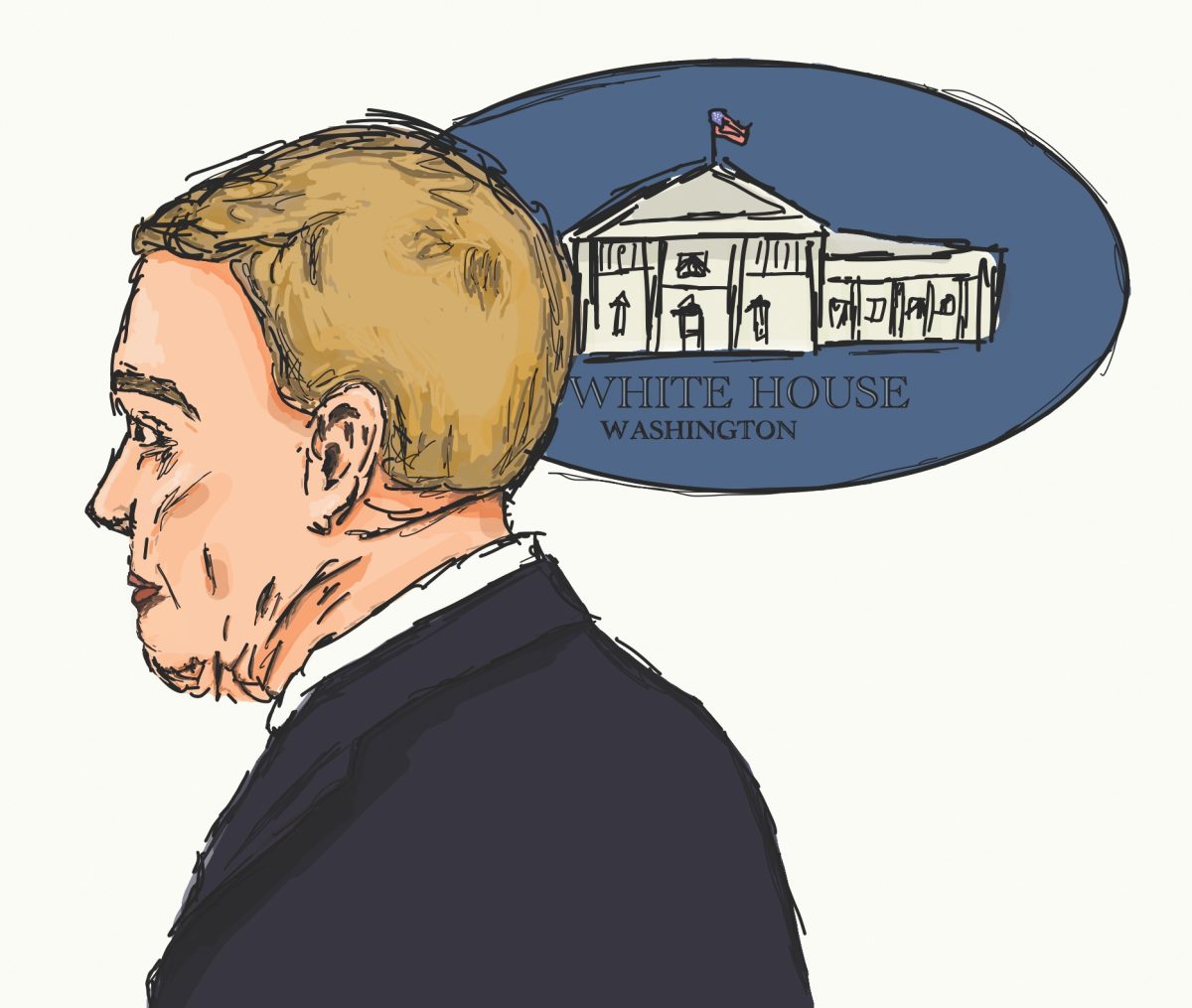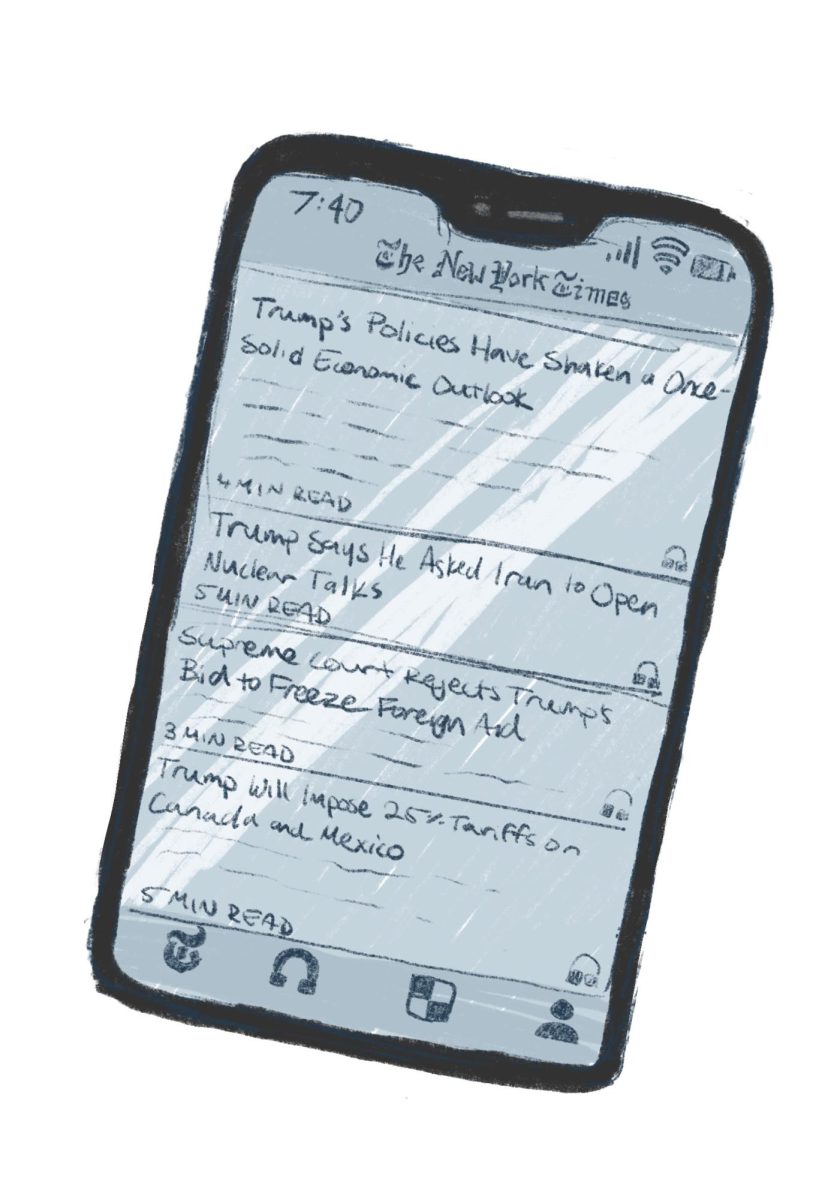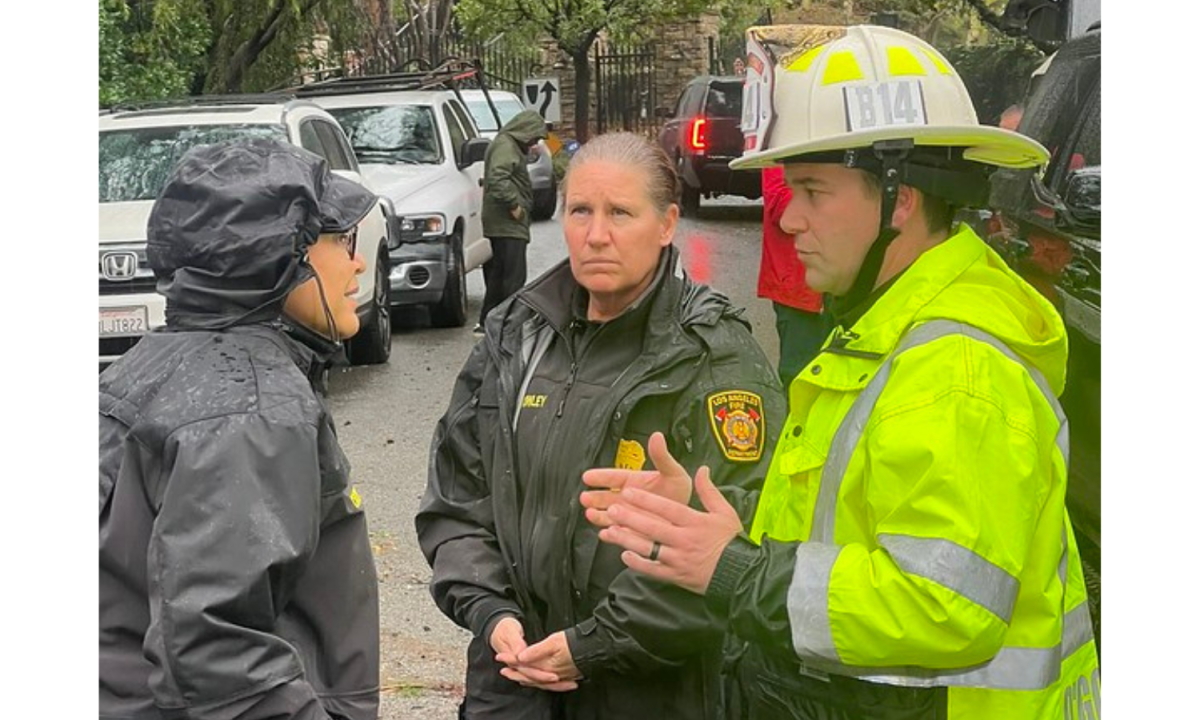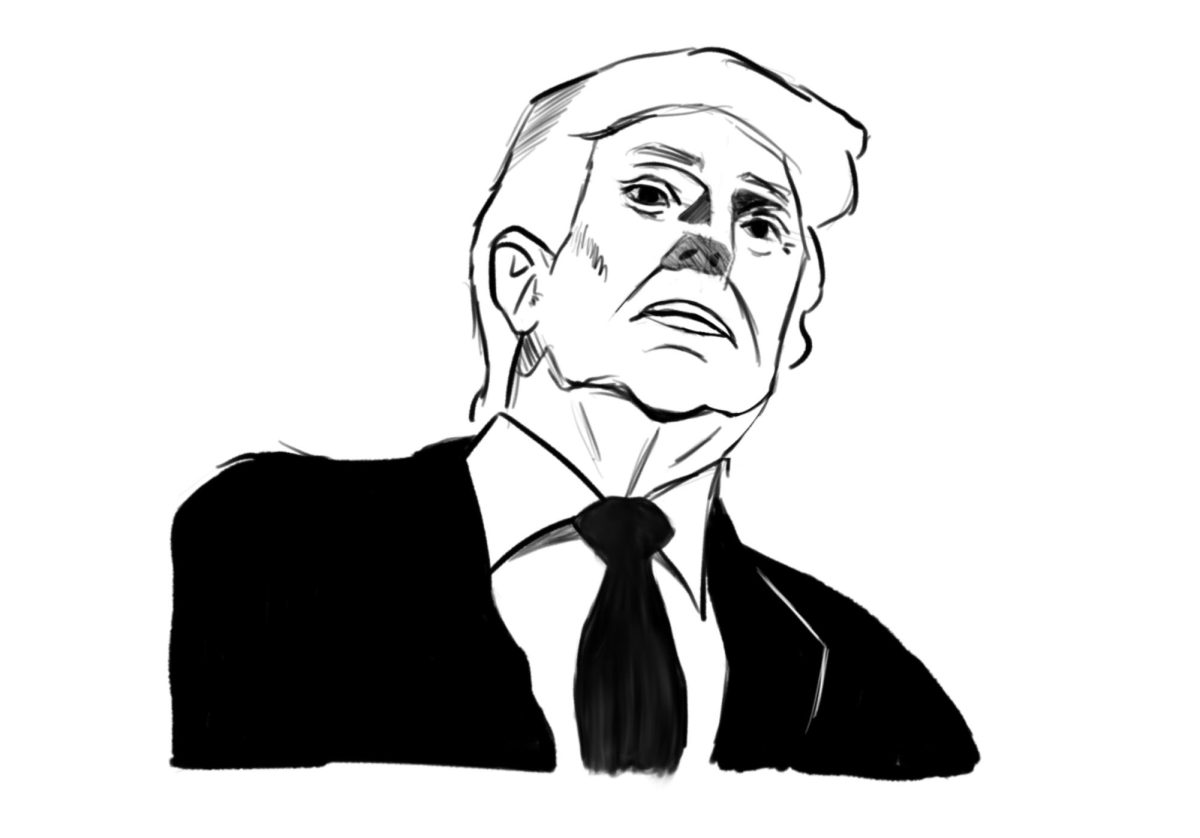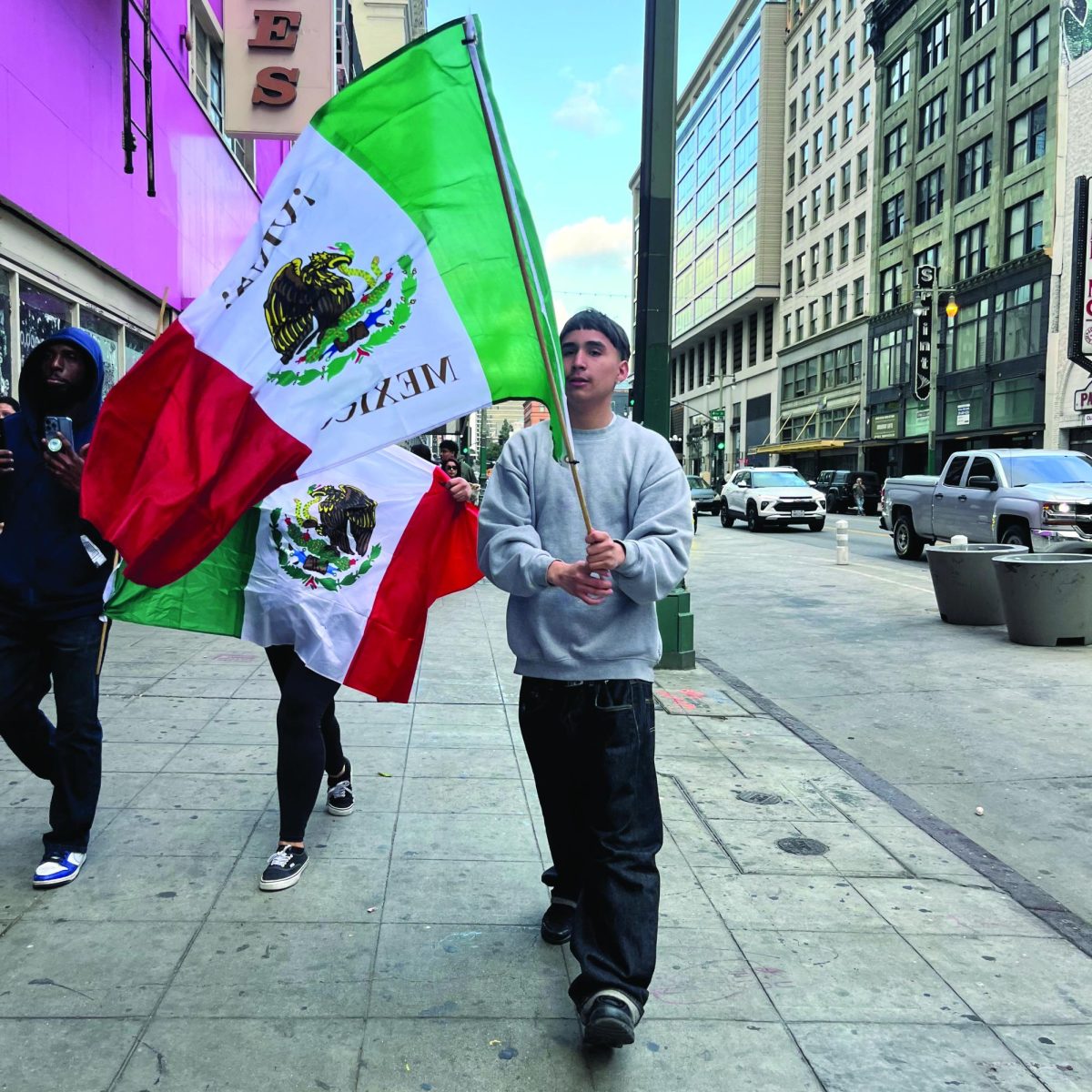The Republican and Democratic National Conventions are quickly approaching this July and August, as they do the summer before every presidential election. At the conventions, presidential and vice presidential candidates are formally selected as their party’s official nominees. However, the Republican National Convention (RNC) has the potential to look significantly different this year because the party’s presumptive nominee, former President Donald Trump, could be a convicted felon by the time the convention starts.
As of April 15, Trump is on criminal trial for his alleged role in falsifying business records to conceal hush-money payments made to an adult film actress to protect his campaign in the 2016 election. Trump is the first former U.S. president to be on criminal trial, and one of the only presidential candidates with a felony conviction since Lyndon LaRouche Jr. ran for president from a federal prison cell in 1992. Even then, LaRouche was not actually a viable candidate for the presidency, making Trump’s political circumstances unlike any others in the history of American politics.
Given how unprecedented the current situation is, there is much uncertainty regarding what will happen at the RNC this summer if Trump is convicted. When RNC rules came out in November, they did not address whether or not delegates could vote for a different candidate if their presumptive nominee was a convicted felon.
According to standard RNC rules, delegates are bound to vote for their assigned candidate based on the results of their states’ primaries and caucuses for the first round of voting. In this case, because Trump won the majority of primaries, most delegates are bound to place their votes for him at the convention. Delegates are only eligible to be unbound from their candidate if the candidate drops out, yet this outcome is unlikely given that Trump has stated that he will not withdraw from the race.
“No, I’d never drop out,” Trump told former Fox News host Tucker Carlson when asked if any legal circumstances would make him forgo his candidacy. “That’s not my thing. I wouldn’t do it.”
Though it is doubtful that Trump will exit the race, delegates could form an agreement to change RNC rules in order to vote for a different candidate. If a two-thirds majority voted to adjust the rules of the convention, delegates could freely choose which candidate to vote for.
Nonetheless, any such agreement is a far-fetched outcome. Even though 50% of overall voters would consider Trump unfit for the presidency if convicted, 58% of Republicans would still see him as fit for office, according to an AP-NORC poll. Many top party leaders and Trump loyalists have also claimed that they would continue to stand by the former president if he were convicted.
“If [Trump is] convicted in any of these trials, would it change my view? No,” Republican Sen. Lindsey Graham told CNN.
Furthermore, many Republicans believe that the criminal charges against Trump are illegitimate, and if he were to be acquitted, it may increase his base of support.
“A conviction could reinforce the concerns many voters have about Trump, but an acquittal in this first case, widely considered the weakest of the cases he’s facing, could give voters the sense that he’s successfully clearing his name in the courts, and this could boost his chances,” History Instructor Daniel Lynch said.
Considering the high likelihood that Trump will be chosen as the party’s official nominee despite his legal complications, many people wonder about the future of Trump’s campaign if he is convicted.
“Donald Trump is the first former president ever to potentially be convicted of a felony,” Mattie Epstein ’25 said. “If convicted, our nation’s response will determine how disillusioned we are with the truth. [Trump’s] case may be in the hands of higher courts, but I still wonder what will happen next.”
Legally, the Constitution does not forbid a felon from being elected. Therefore, voters from both parties will have to wait until the election to see whether or not Trump’s criminal trial ends with a conviction and what that might mean for his candidacy.

